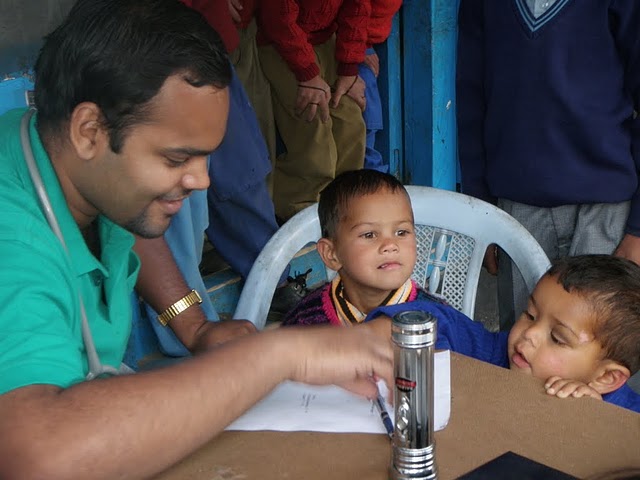New Delhi, April 17 (IANS) A day before an all-party meeting on the land acquisition bill, Rural Development Minister Jairam Ramesh Wednesday met leaders of the Communist Party of India-Marxist (CPI-M) who have opposed the bill in its present form.
Ramesh met CPI-M leaders Basudev Acharya and Sitaram Yechury at the party headquarters at the AKG Bhawan here.
The government is keen to ensure the bill’s smooth passage in the second half of the budget session of parliament beginning April 22.
“All parties have agreed that the bill should be passed in this session. Whatever they have to say, they will now say in parliament, Ramesh told reporters here.
The Land Acquisition, Rehabilitation and Resettlement Bill, 2011, seeks to address problems of the industry regarding acquisition of land for setting up projects.
The CPI-M demands, among other things, include narrowing down the definition of “public purpose” in the bill and making it more specific and increasing the compensation to farmers whose land is acquired.
Making efforts to arrive at a consensus, Ramesh had met SP leader Ramgopal Yadav, JD(U) leader Sharad Yadav, BJP leader Sushma Swaraj and D.Raja of the CPI for their support.
Consensus eluded an all-party meeting on the land acquisition bill on April 9, forcing the government to fix another meeting April 18.
All parties were asked to give their suggestions by April 15.
The bill provides for land acquisition, rehabilitation and resettlement of displaced people. It proposes to replace the Land Acquisition Act, 1894.
The draft bill circulated among members has provisions like compensation for the owners of the acquired land to be four times the market value in case of rural areas and twice market value, in case of urban areas.
In case of acquisition of land for use by private companies or public-private partnerships, consent of 80 percent of the displaced people will be required.
Earlier, the bill’s consideration was deferred by the Lok Sabha in the winter session till the budget session, under pressure from opposition members. It was then referred to the standing committee.
The bill was introduced in parliament in September 2011 and was subsequently referred to a Parliamentary Standing Committee, which submitted its recommendations in May 2012.
The opinions, beliefs and viewpoints expressed by authors, news service providers on this page do not necessarily reflect the opinions, beliefs and viewpoints of Hill Post. Any views or opinions are not intended to malign any religion, ethnic group, club, organization, company, or individual.
Hill Post makes no representations as to the accuracy or completeness of any information on this site page.



